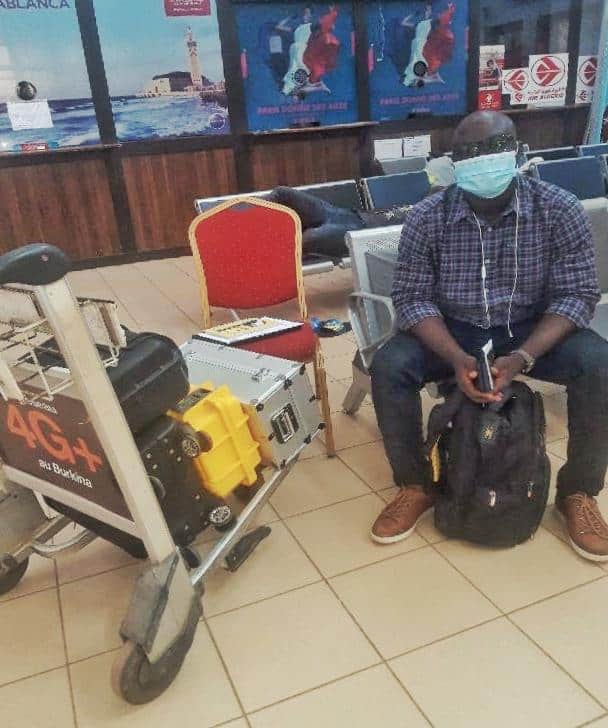JSI has been working in Burkina Faso since 1992. Over these years, we’ve increased access to reproductive, maternal, newborn, and child health and immunization services while supporting government and local partners to improve health information systems and data quality and use across health and other sectors.
Under the Country Health Information Systems and Data Use (CHISU) project (2020–2026), we are improving malaria and COVID-19 data quality and use and expanding the One Health approach through enhanced interoperability and governance of the national health information system. In Burkina Faso, CHISU is increasing multi-sectoral coordination and capacity to manage health system surveillance and major disease outbreak response. This work advances progress made under the MEASURE Evaluation project (2017–2020), which helped develop the national One Health information system.
Simultaneously, we’re strengthening equity and quality of maternal, newborn, and child health, voluntary family planning, and reproductive health care in fragile settings through the USAID-funded MOMENTUM Integrated Health Resilience (2020–2025). Our goal through this project is to reduce maternal, newborn, and child mortality and morbidity and increase the health resilience of families, communities, and nations including Burkina Faso. This work furthers gains made through USAID | DELIVER (2006–2016) and END Neglected Tropical Diseases in Africa projects, which provided technical assistance in health logistics for maternal and child health and family planning services, as well as prevention and treatment of infectious diseases. It also continues the work of two earlier projects in the country. The SPRING Project (2011–2018) scaled high-impact nutrition practices and policies to prevent stunting and maternal and child anemia, while creating social change and behavior change. The Maternal and Child Survival Program (2014–2019) helped strengthen routine immunization systems and surveillance in low-performing districts and enabled community-based preparedness for potential infectious disease outbreaks. Through these efforts and with partners and the Government of Burkina Faso, we’ve improved health outcomes for women, children, and families.





